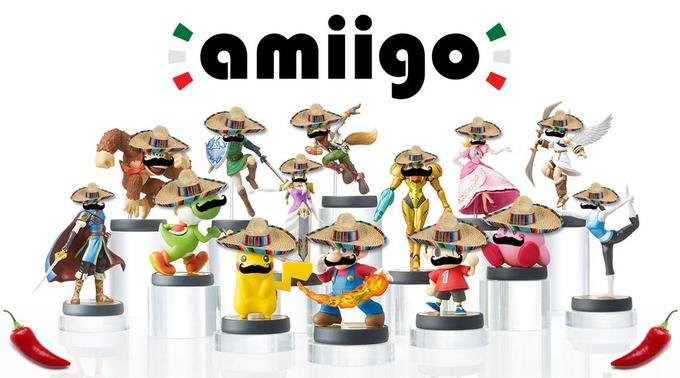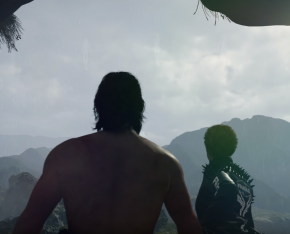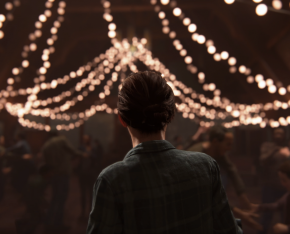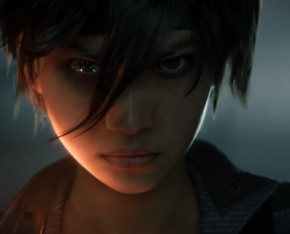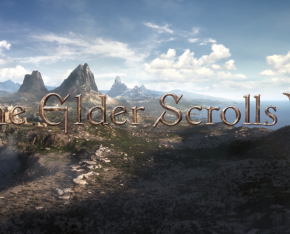By Bryan Smith on October 25, 2015 at 12:48pm
Last time in the land of Amiibo, fans had expressed rage as amiibo stock remained pitifully low. Things got so bad that for the 4th wave that GameStop’s internet crashed for pre-orders, where only two packs of the six-pack bundle. Ness only had 1-2 figures when the 4th wave released with Lucina and Robin’s figures being no better with other retailers. Exclusives forced people to decide between Ness, Jigglypuff, and/or Greninja due to number issues. Resellers and scalpers had been striking Amazon and eBay by selling “Fire Emblem” characters anywhere from the original price to up to $80 (or frighteningly possibly even more).
It’s been a giant mess.
That is, until the 5th wave hit. Everyone (who isn’t scalping) is extremely angry because they can’t buy their favorite character or complete their collection. Nintendo has been very well aware of the problem by this point. Whether they simply didn’t know how popular the amiibo figures would be or they didn’t foresee proper management business beforehand, Nintendo took some measures.
Instead of chronicling each wave this time, we're going to look at what Nintendo did to try and counterbalance the demand and the scalping.
Pumping Out Restrocks Galore
Prior to the 5th wave, restocks were pretty abysmal. The only things that got restocked were Mario, Luigi, Peach, Yoshi, Bowser, Link, and Zelda figures. Anything else and they’re as good as gone. That’s when summer of 2015 hit. Soon restocks of certain amiibo slowly trickled back into stores. Figures like Shulk, King Dedede, Ness, and others surfaced. Heck, even when Wave 4 released, Marth restocks at Toys “R” Us were rather plentiful.
Come Fall 2015, restocks were taken to a bigger level. Best Buy and Toys “R” Us flooded their stores with what amiibo collectors deem “unicorns” were restocked in troves. Captain Falcon, Little Mac, Fox, Lucario, Greninja, and Shulk have been restocked in high numbers. Interestingly enough, Shulk has been exclusive to GameStop at this point, but now he’s at Toys “R” Us and Best Buy. The two Pokémon also popped at Best Buy, ending their exclusivity as well. Wave 5 characters Ganondarf, Zero Suit Samus, and Olimar also got restocked.
While other characters need to get restocked, such as Pit, Ike, Dedede, Ness Wii Fit Trainer, Lucina, Robin, and the like, the restocks are getting previously ultra rare figures back into stores. At this point and rate with the restocks hitting stores with rare characters, everyone “should” be able to get the figures they want/need.
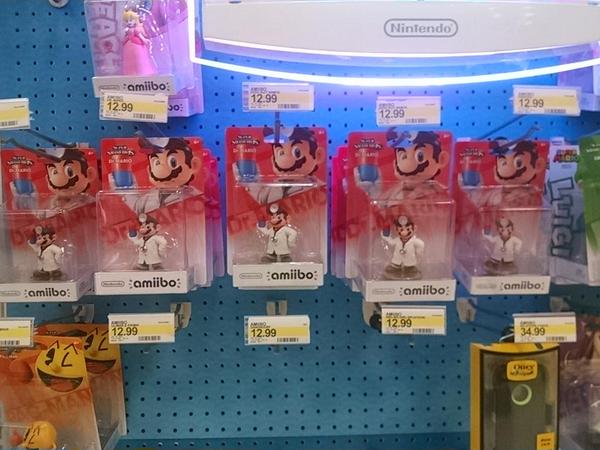
Exclusives Are Actually Better Stocked Than Regulars
Again, prior to the 5th wave, exclusives were much harder and more painful to try and acquire. Remember when Ness broke GameStop? When he actually released (for those unfortunate enough not to get the bundle), GameStop stores only had 1-2 of Ness, where as Greninja on the same day was up in the 100 numbers. Toys “R” Us is a toy company, so I think they were prepared for business with Nintendo. Judging by how many Marth, Lucina, and Robin figures they also had, they knew what was up with the amiibo crisis.
When the 5th wave hit stores, exclusives were pretty abundant. If you were to go to Target and Toys “R” Us, they would probably still have Dr. Mario and Bowser Jr. figures stocked and in how numbers. GameStop, who fumbled greatly with Ness and Shulk prior, managed to strike a deal with Nintendo for the Retro Pack featuring R.O.B., Mr. Game and Watch, and Duck Hunt. Pre-orders were plentiful and stayed online for a solid week. Going into a GameStop, you should be able to find a pack without too much hassle. Meanwhile Ganondarf, ZS Samus, and Olimar were relatively low in numbers.
Recently, Falco was announced that he’d be a Best Buy exclusive. Many groaned at first, but then later found out that pre-orders were well prepared. A week after pre-orders went live, pre-orders are still available. The online orders don’t even take the actual in-store stock, separate from the pre-ordered stock. Safe to say, the exclusives are well more prepared than the regular figures.
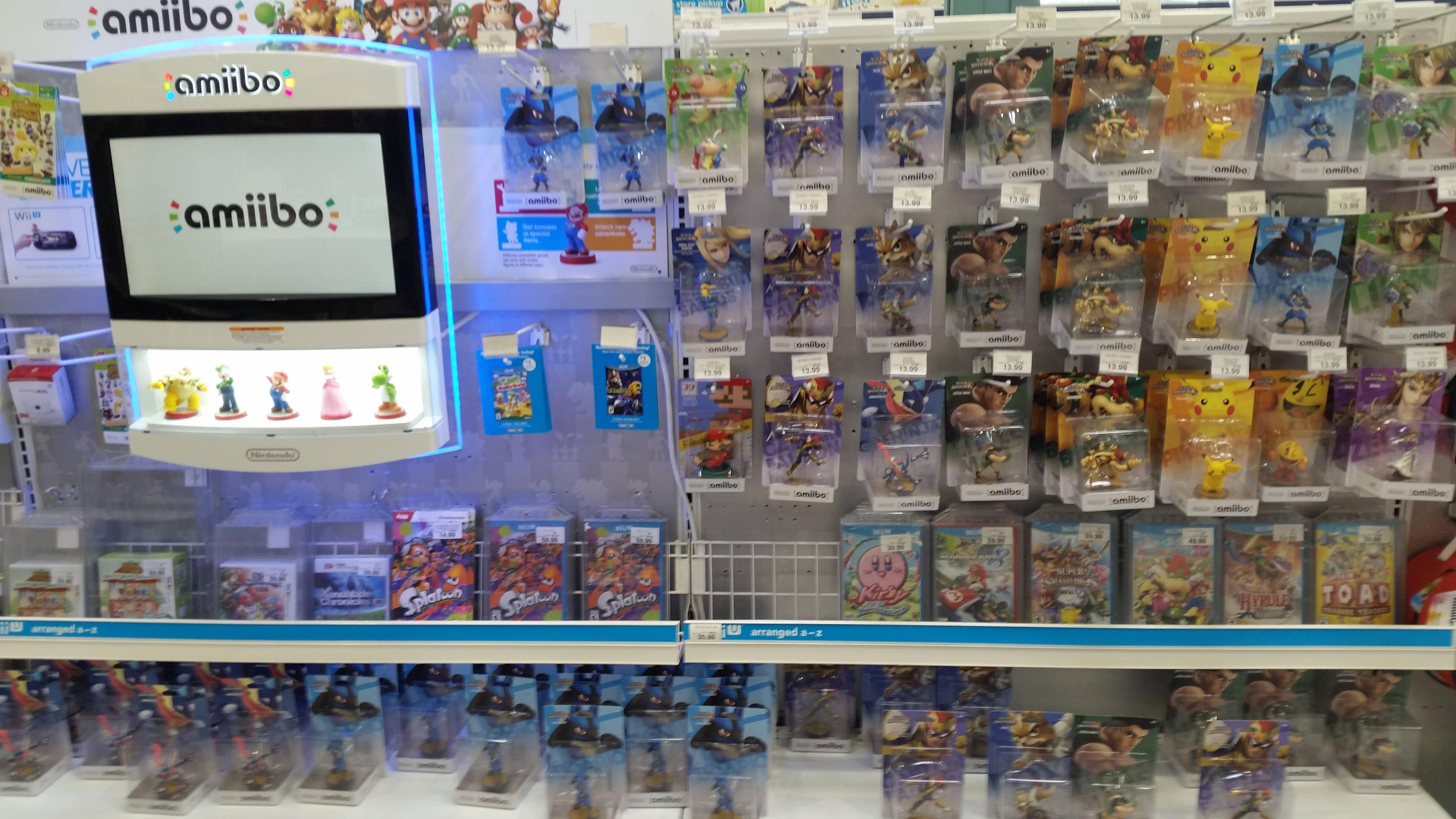
New Amiibo That Actually Remain on Shelves
If the figure wasn’t “Super Mario Bros.” or “The Legend of Zelda” (minus exclusives, Toon Link and Ganondarf), once the amiibo went live, they were gone. Stock depleted within an hour and people who showed up too late were out of luck. Store shelves have been desolate when the 2nd wave started up and continued until the 5th wave.
To put it shortly, I refer you back to the restock and exclusivity point. Because those stocks have been greater in number (and the group that got them already “shouldn’t” need more), they last longer. Now, it’d be more rare to see a Mario, Link, Pikachu, or Kirby figure as more figures get restocked or released.
Importing a Better Option/Restocks Killing Reselling
Even if the restocks, exclusives, and number of new figures being high in stock didn’t suit you, you could get import from Europe or Japan (or anywhere else outside of your nation). Unlike the resellers, the only added price is for shipping. Considering you may be shipping an Ike amiibo from Japan to North America, that’s the only added cost to worry about. If you didn’t get to your store’s release, online or in store, then importing would be the next best option.
By importing, I also mean from the stores themselves and not individuals. Amazon, Ami Ami, and more are used to get those amiibo they couldn’t in stores. People are now looking into the reliable option before going into the guy who bought ten figures of Rosalina & Luma. Importing is also looking cheaper than usual because the stocks/restocks are proportional. Stock is rising, so demand is getting lower. Importing a Jigglypuff got to the point of being almost as cheap or even cheaper than buying it at regular price. The only imports that are still high are the exceedingly rare ones, such as Dedede, Ike, Lucina, and Robin.
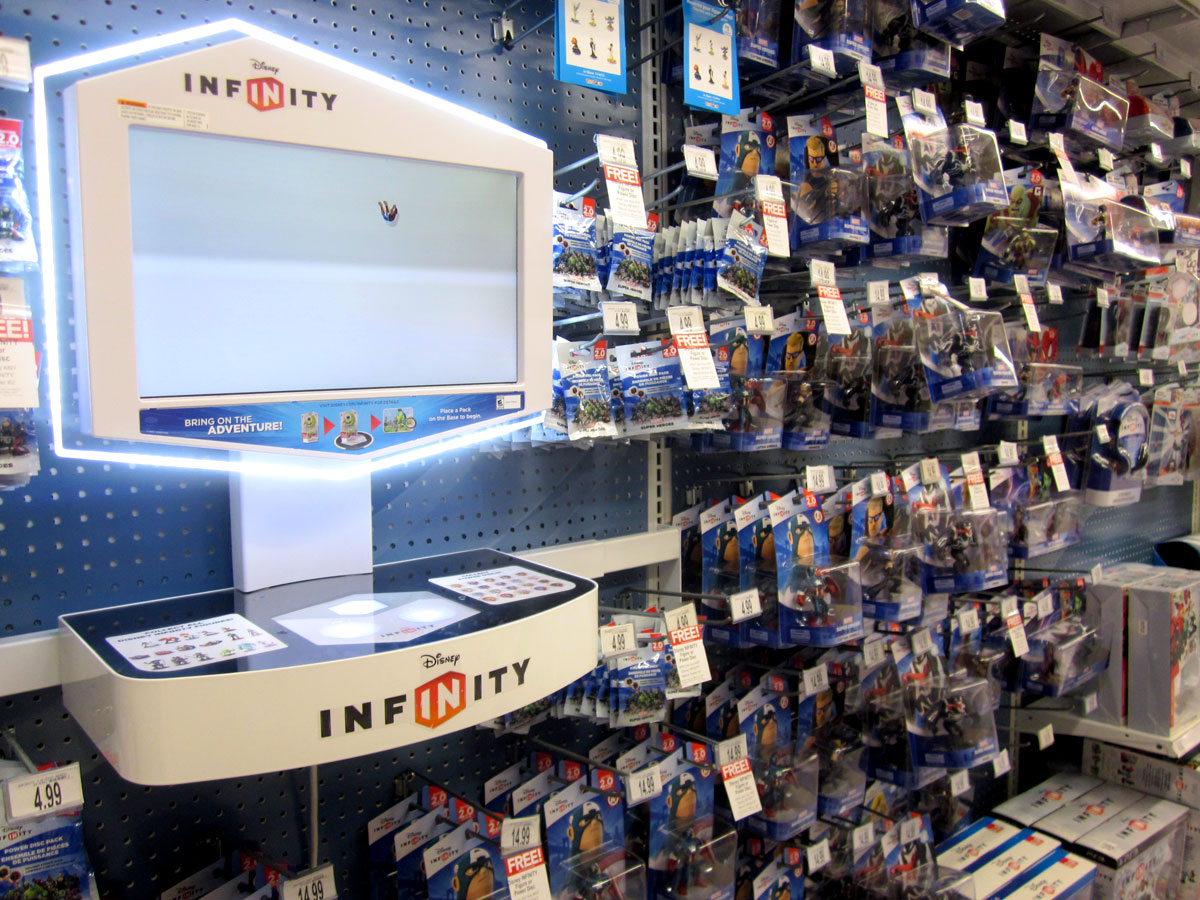
Reanalyzing the Cause of Low Stocks
So what may have been the cause of these low stock numbers for amiibo? Obviously the clear answer is to blame the scalpers and resellers, as well as Nintendo’s poor business implementation. When bundles for just three to four figures going at the price of close to $100, things got pretty bad. Nintendo’s business practice of not having enough stock for North America, which has been the largest contributor to the sales, also failed to meet the demand. It’s rather evident that Nintendo didn’t see how strong the American market could be (which may also be seen in marketing with localization and extra goods for America).
However, there’s something very important to understand about how store shelves work. There can only be so much merchandise before something has to be stored away. When it started with, say, the first twelve “Smash” figures, there was plenty of store space for the amiibo. Now that we’re at 50 characters out and about, that’s A LOT of characters to have at one time. It hasn’t been a year yet since “Super Smash Bros.” for Wii U/3DS released and there’d be a total of 52 figures out for the game. That’s not including the “Super Mario Bros.,” “Splatoon,” “Super Mario Maker,” “Chibi-Robo,” Yarn Yoshi, and “Animal Crossing” figures. That’s a ton of figures and we’re not even a year into this thing. For comparison, “Disney Infinity” only had 29 figures for its first year before getting into its second version with Marvel and more Disney characters, then another year for version 3 with “Star Wars” characters. That’s at least two years and going onto three to get their figures out.
Granted, Nintendo should have taken Disney and Activision’s actions to heart for spacing them out. The point of store space stands. Trying to have 50 plus characters out on store shelves in good stock is virtually impossible. The only way to feasibly do that would be to open a specific amiibo store that sells them. That may be good for a few good months, but once everyone has the amiibo they need, that’s that. Though an online store directly from Nintendo would be a great way to make things easier.
Are We Finally Over the Crisis?
As it stands, things for new amiibo are looking good. Assuming you’re on top of your hunting that is. Restocks are giving people the chance to get figures they missed. Exclusives are plentiful and last much longer than the regular ones. The stock is staying in stores for a generous portion of time (longer than before anyways). People are importing elsewhere, which can alleviate the stress on the American market (though doesn’t do other nations any good). It seems Nintendo has gotten things more under control by beating out the resellers and getting adequate supply into stores.
However, that doesn’t mean the issue is fully resolved. Restocks for certain figures still need a proper restock and things could still end horribly for future figures. Though with fewer characters needing representation, making those figures shouldn’t be too much a big issue. Eleven figures to put into production in short amount of time is quite a feat.
That does give me one startling revelation of what the future could hold. More figure lines with just as many characters… If that happens, I pray Nintendo has learned the lesson fully by then.
